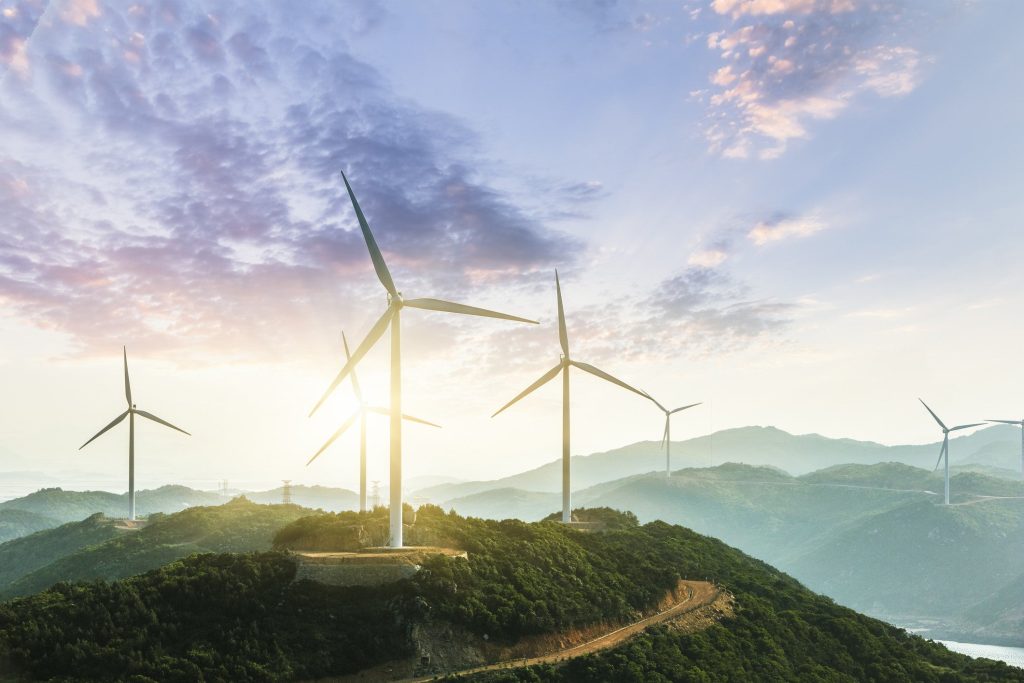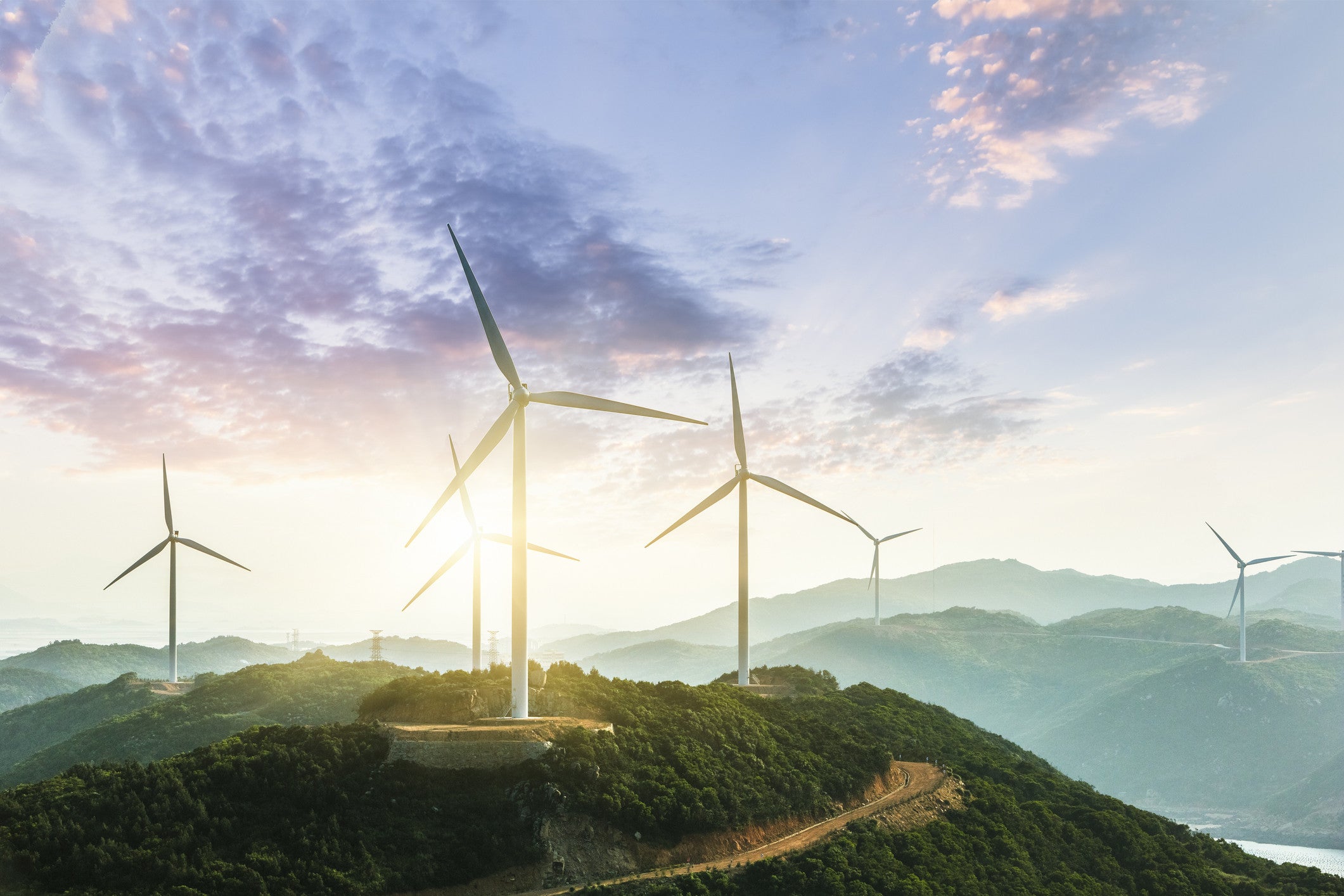








Exploring the complex dynamics between climate change impacts, energy pricing, and international investments towards sustainable development in Latin America.


Welcome to Latin America Brief, where we take a look at the evolving landscape of sustainable development in Latin America, examining the synergy of international collaborations, environmental challenges, and economic strategies aimed at fostering a greener future.
Opportunities arose for investment, after Brazil, together with the United Arab Emirates and Azerbaijan, announced the Mission Path Map 1.5, a framework intended to increase capital transfer from developed economies towards developing nations to achieve their National Determined Contributions to established in the Paris Agreement. Capital transfer could aid Brazil achieve its goals of promoting a Neoindustrialization using green technologies.
Threats. Climate change induced social costs also marked the news in the region, evidenced by severe wildfires in Chile. The region had to reckon with the consequences of an El Niño year that is aggravating the growing global temperatures.
Monitoring. Recent events also highlighted the importance of keeping strong monitoring of climate change related dynamics, after presidents from Brazil and Paraguay discussed the price of the energy produced by Itaipu hydroelectric plant. Itaipu’s reservoir in located in the boarded between the two countries and the energy output is divides equally. However, because Paraguay’s energy consumption is smaller than Brazil’s, its surplus is sold back to the Brazilian electricity system.
Arguing that the surplus is undervalued, Assunção has been asking to revise the electricity price. During the meeting a new figure has not been established, but when (and if) it is, one could expect effects on Brazil’s sustainable development goals: 92% of the country’s electricity is provided by renewable sources and Itaipu accounts for 10% of Brazil’s electricity supply. Attention to pricing revisions is crucial to avoid potentially derailing Brazil’s climate leadership and green industrialization efforts.
These developments underscore the importance of vigilant monitoring for stakeholders committed to fostering a prosperous and sustainable future for Latin America.
Written By: GABRIEL RAMIREZ
Written By: DILARA SAHIN
Written By: DILRUBA YILMAZ
Written By: NILAY CELIK
Written By: ELDANIZ GUSSEINOV
Written By: JOSEF SCHOEFL
Written By: SELCAN BEDIRHANOGLU
Written By: FATIH CEYLAN
FA’s flagship evening newsletter guilding you through the most important world streis ofthe day. Delivered weekdays.
